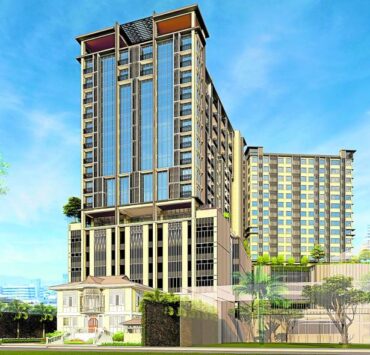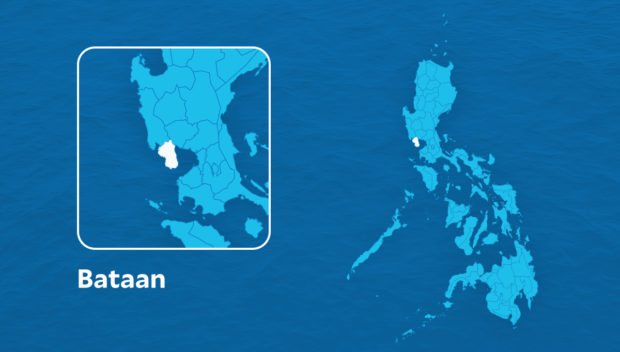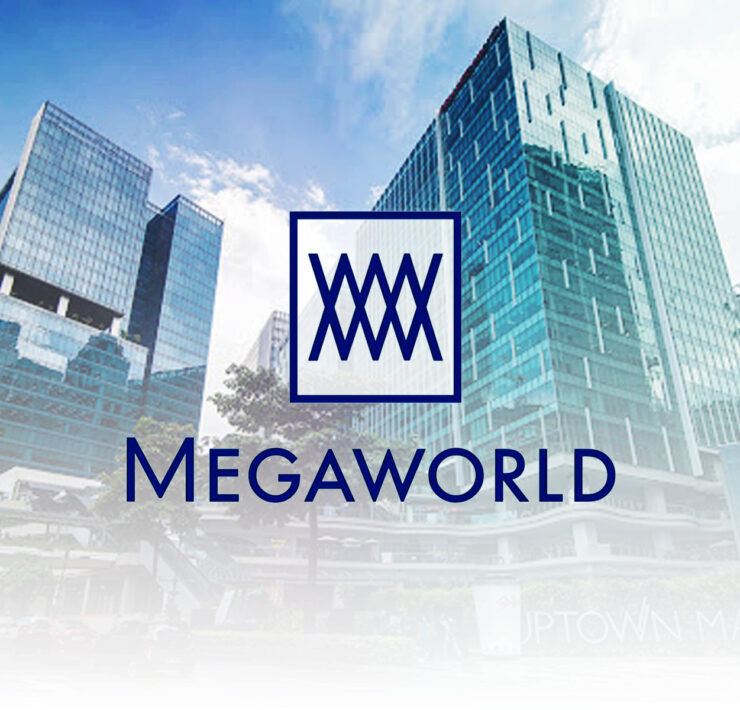Federal Land appoints Banzon as president

Ty family-led conglomerate GT Capital Holdings Inc. is undergoing a leadership shake-up in its real estate unit as the company gears up for aggressive expansion and a new era of development.
By Jan. 1, 2025, Federal Land Inc. will have a new president —real estate veteran Jose Mari Banzon.
Currently Federal Land’s finance director, Banzon will succeed William Thomas Mirasol, who will move up the ranks as vice chair.
Mirasol is concurrently the president of Federal Land NRE Global (FNG), the company’s joint venture with Japan-based Nomura Real Estate Development Co. Ltd.
“In their new leadership roles, they will define the next stage of growth for both Federal Land and FNG, and usher in a new generation of property development products and services that align with GT Capital’s mission of value creation to meet the evolving needs of its stakeholders,” GT Capital said in a statement on Monday.

Banzon is a returning high-ranking official of Federal Land. From January 2006 to 2013, he served as the company’s executive vice president and general manager.
He later joined SM Prime Holdings Inc. and was appointed president of SM Development Corp. (SMDC), the residential arm of the Sy family-led firm.
As head of SMDC, Banzon led the charge in introducing new formats, including residential-office developments and garden communities.
Meanwhile, Mirasol, with 31 years of experience in the industry, will continue to oversee Federal Land’s strategic international partnerships and joint ventures with global brands as vice chair.
The leadership shift comes amid a challenged environment for the real estate sector, with Federal Land’s earnings taking a hit from lower demand.
In the January to September period, Federal Land’s net income plunged by 65 percent to P652.1 million on weaker sales.
The company’s overall revenues suffered a 64-percent drop to P4.24 billion due to “significant” lot sales recognized last year, entailing softer demand for its properties.
Rent income, however, expanded by 11 percent to P1.2 billion on higher retail and office occupancy.





















